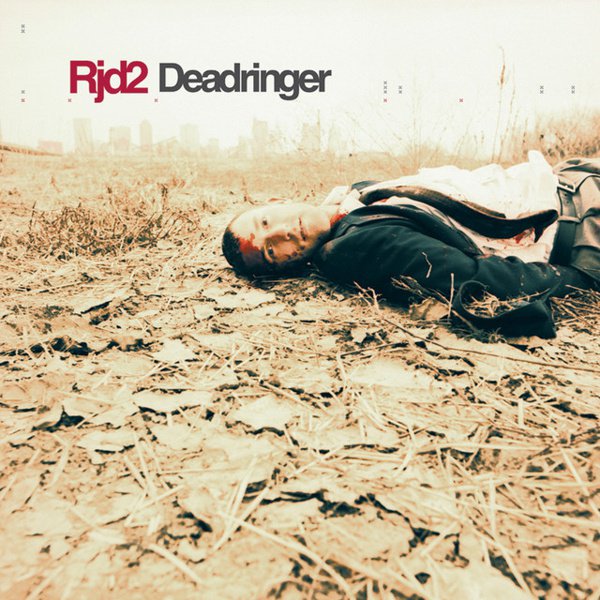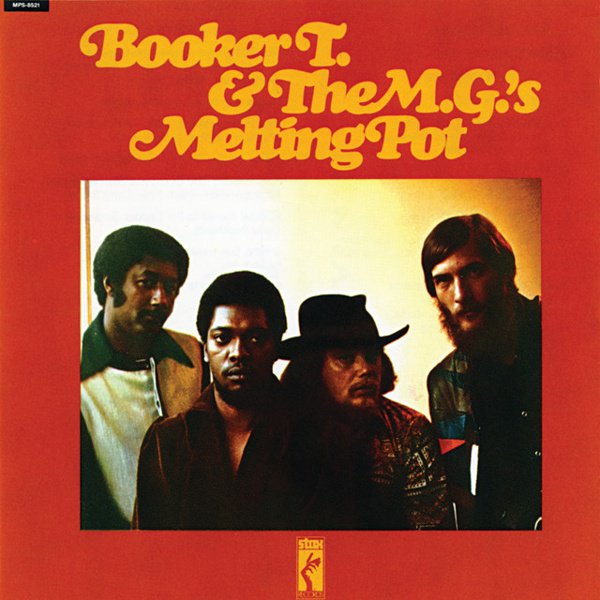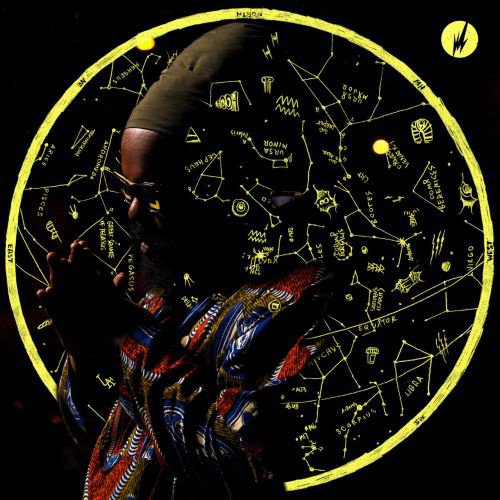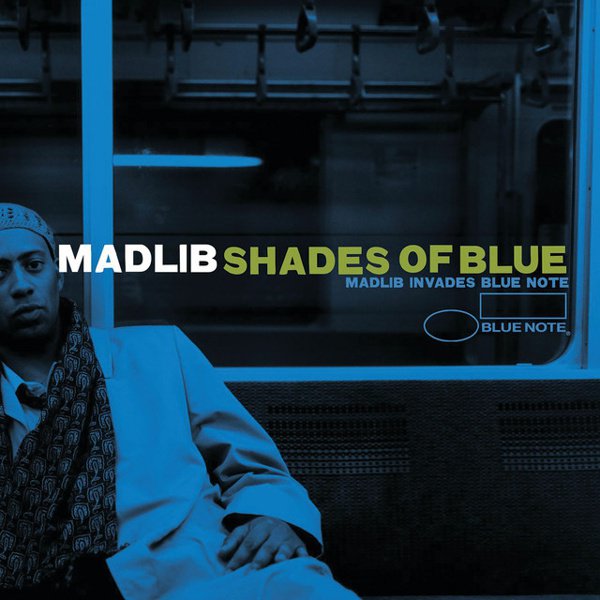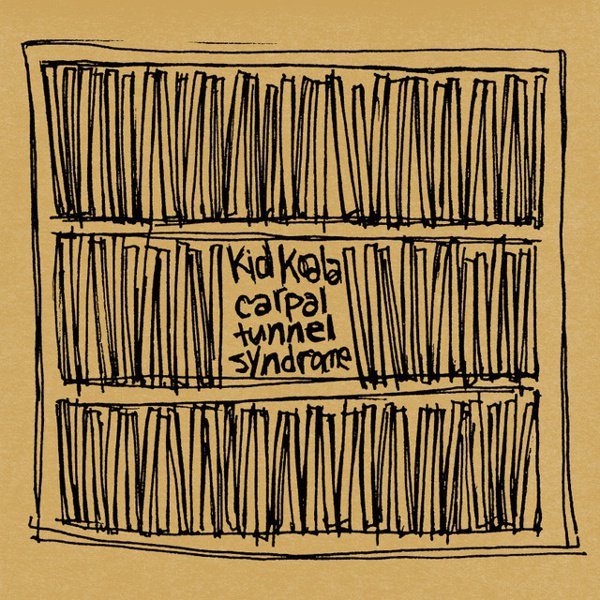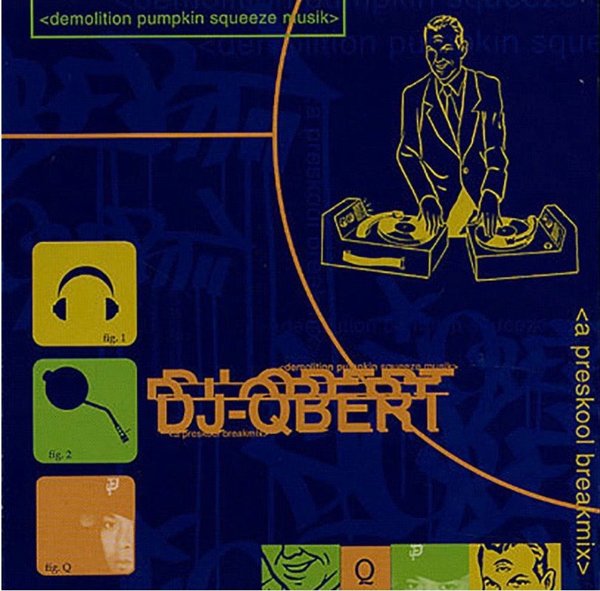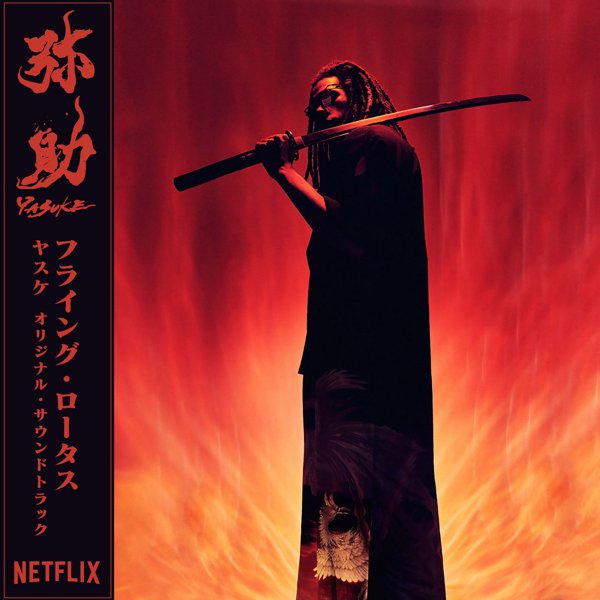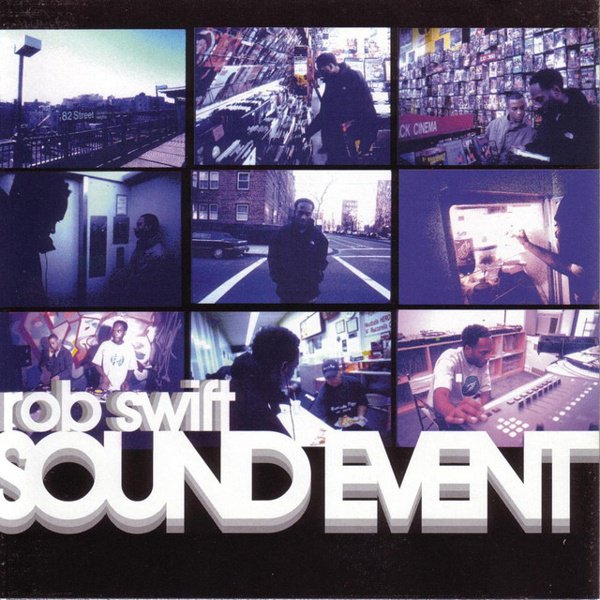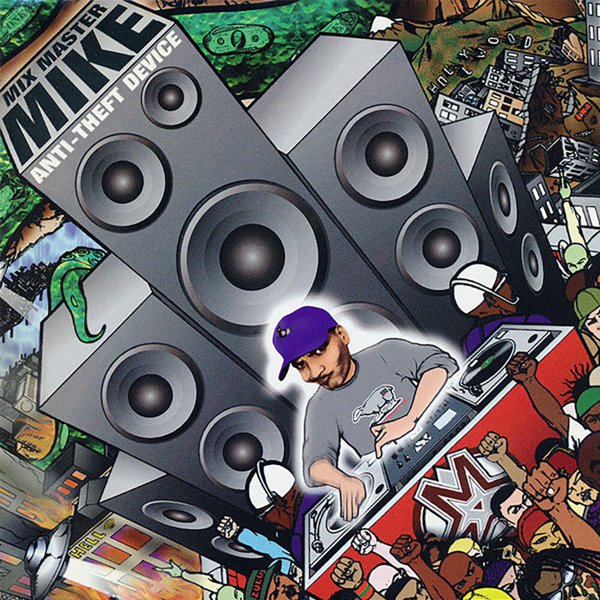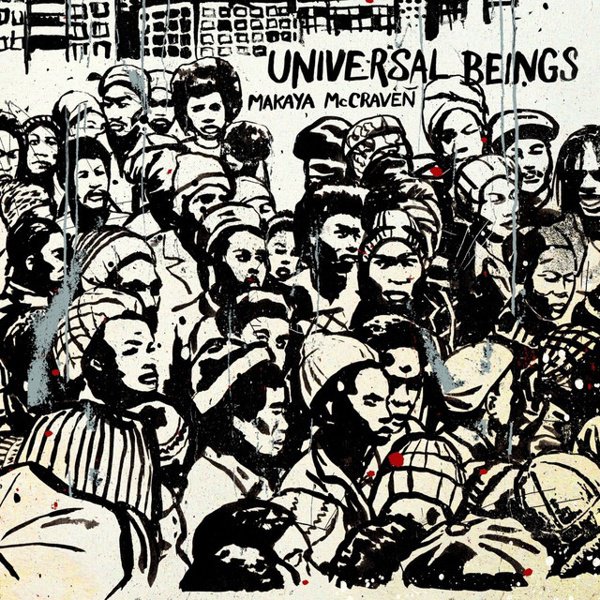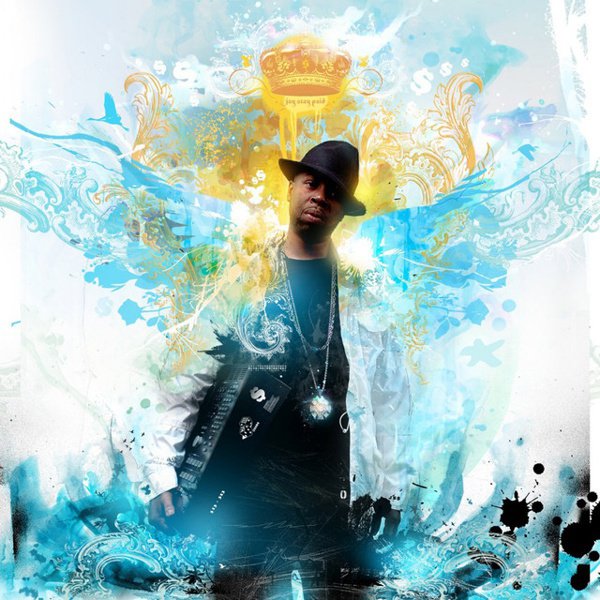Deadringer
If circa-2002 DJ Shadow was critically condemned for not making more albums like Endtroducing……, RJ Krohn was doomed to be pitted against him as a proxy competitor, as though the success of Deadringer hinged on some perceived disappointment with The Private Press that same year. But RJD2’s debut full-length comes from a different place than Shadow’s Cali abstractionist vibe — not just geographically, being rooted in the widely overlooked indie rap scene of Columbus, Ohio, but stylistically, as the high concept funk of RJ’s productions felt both less complex and less initially bewildering than Shadow’s contemporaneous genre-annihilating excursions. Still, if Deadringer feels like the work of a beatmaker first and a sample-culture-rewiring iconoclast a distant second, it’s a positive. RJ put together these tracks like he believed they were all meant to be rapped over, but also hold a certain dynamic as instrumentals that have their own personality without traditional vocals. There’s still a bonafide rap classic on here — the devastating “June,” where Mhz stablemate Copywrite detours from his familiar underground hip-hop grievances to connect his frustration to the familial depression he inherited from his gone-too- soon father. But while Blueprint’s lyrical-miracle poeticism on “Final Frontier” and Jakki the Motamouth’s anti-backpacker demands for “the raw shit” on “F.H.H.” make for an interesting duality of indie rap in themselves, Deadringer really is best experienced as a top-tier beat tape. The g-funk-gone-’80s-slasher murdermoogs of “The Horror” proved to be one of the most powerful openers of any album in its class, the snare-rattling drone of “Smoke & Mirrors” transforms local soul obscurity Marion Black’s 1970 Capsoul nugget “Who Knows” into a psychedelic mini-opus two years before it appeared on Numero Group’s inaugural comp, and the reconstructed funk of “Good Times Roll Pt. 2” isn’t afraid to let its sample-flipper seams show as it careens from Southern soul horns to analog-synth squelch to 808 claps under the full (and convincing) belief that these parts were always meant to fit together. Sure, it’s pretty compelling when he hits some of the same notes that Shadow does — “Chicken-Bone Circuit” sounds like the separated-at-birth fraternal twin of an orchestral percussive hurricane like “Giving Up the Ghost,” albeit distanced enough from its sibling to have its own life — but his own sound coalesced into something promisingly different here, more prone to lighthearted, pop-friendly goodtime vibes (“Ghostwriter”) and deft-yet-simple breakdowns of hip-hop’s headnod momentum (“2 More Dead”).

